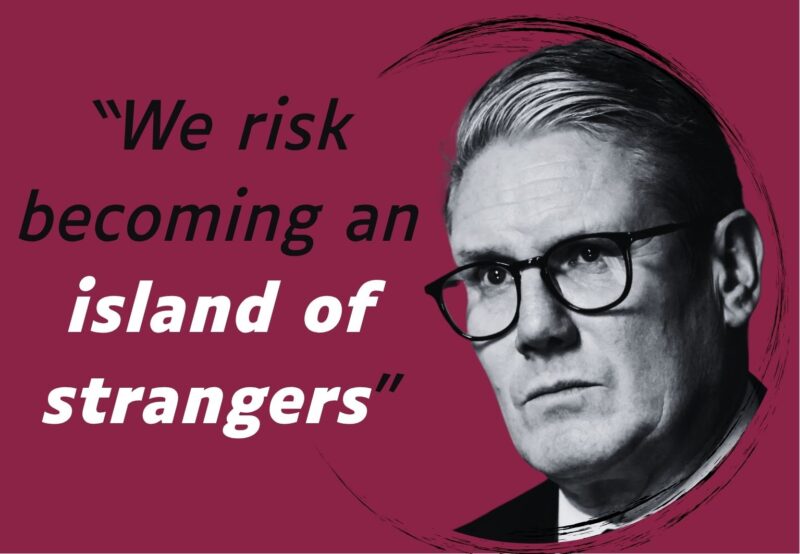Wedding used for political clampdown
The Philip K Dick short story Minority Report, which was made into a film starring Tom Cruise, sees a futuristic police force arresting people before they have committed a crime. Worryingly, the arrests of ‘might-be’ protesters before the Royal Wedding have turned this sci-fi fiction story into a near reality.
 Sixty eight people were arrested in the run up to the wedding, and then released on bail on the condition that they would stay away from central London. Several squats and social centres were raided the day before, police brandishing warrants looking for stolen goods. Of course there were none, but the police made it clear that there were to be no public gatherings or parties until after the Mayday weekend.
Sixty eight people were arrested in the run up to the wedding, and then released on bail on the condition that they would stay away from central London. Several squats and social centres were raided the day before, police brandishing warrants looking for stolen goods. Of course there were none, but the police made it clear that there were to be no public gatherings or parties until after the Mayday weekend.
Anarchist Chris Knight was apprehended on his way to a protest by police who arrested him and two others, even though they were only planning some street theatre. The leader of direct action group Love Police Charlie Veitch was arrested at his home in Cambridge and detained for 16 hours.
On the day itself 10 people were arrested at Charing Cross before they had even got their placards out of their bags – they were on the way to an alternative street party away from the official wedding parade. A group of anarchists were arrested in Soho, even though they were only sitting around and listening to music. One allegedly chanted, “we all live in a fascist regime” which the police officer promptly tried to disprove by arresting the person in question.
There are real dangers involved in pre-emptive or pre-crime arrests. Some people might think they are common sense, but is a very dangerous logic and there is a lot at stake. Spending long periods of time in custody, suffering enormous stress that is caused by arrest and potential prosecution, having details put on record, perhaps even being given a criminal record are punishments in themselves. In the case of those arrested before the wedding, their only “crimes” were to be known political activists.
Assistant Commissioner Lynne Owens, head of police operations on the day said “We won’t let anybody disrupt this very exciting day for the royal family and the country.”
The political repression of anti-royalist feeling is a dangerous development. Around 20 per cent of the British population are republican and it was made quite clear that on the day of the royal wedding they should stay at home and shut up. Even a totally peaceful republican street party, organised by the campaign group Republic was almost cancelled when Camden Council tried to prevent it going ahead on spurious health and safety grounds. The message was clear – rights to dissent were temporarily suspended for the duration of the wedding.
The laws that are being invoked are also a cause for concern. Many direct action protests which go beyond the normal street demonstrations involve some kind of trespass on private property which is not itself a criminal act. However “aggravated trespass” is.
The police have the power to arrest people for aggravated trespass if they suspect someone is present in order to commit a crime.
But arresting someone on such spurious grounds would likely be thrown out of court by any jury unless there was compelling evidence that unlawful activity was to take place. But the police are not only concerned with convictions – what matters is arrests, the gathering of information, and steadily creating a climate of fear on the left.
Similar tactics have been used on activists in the past, with “pre-emptive” arrests carried out on many climate activists in 2009, supplemented by evidence taken from a police mole who slept with protesters to try and gain information. Police were forced to abandon the cases when it became clear that their efforts to gain information would reflect far worse on themselves than any of those protesting against climate destruction.
Fearing the mass movement against government cuts and austerity, police will be looking to turn these kinds of arrests in to the norm– rather than the exception, as they did during the anti-war movement of 2003. Their use of the 2000 Terrorism Act to stop and search, confiscate belongings, ban protests and detain protesters without reason became routine, until public pressure and the European Court of Human Rights forced them into a retreat. Now they are looking, in some form or other, to get these powers back.
These threats to our civil liberties must be resisted and a strong campaign must be built to defend the right to protest. When governments have no democratic mandate, have little public support and have lost the arguments, history shows that they resort to force. It happened during the struggles against the war on Iraq, and now it looks to be on the agenda again. It is the same reason that dictators in the Middle East and North Africa are using the army and the police to try to break up, imprison and even kill those fighting for democracy.
We have a right to demonstrate, a right to organise and a right to challenge the government, the bosses and the police who protect them.
- A campaign “Defend the Right to Protest” has been formed in response
- Read also: Facebook joins wave of wedding repression






